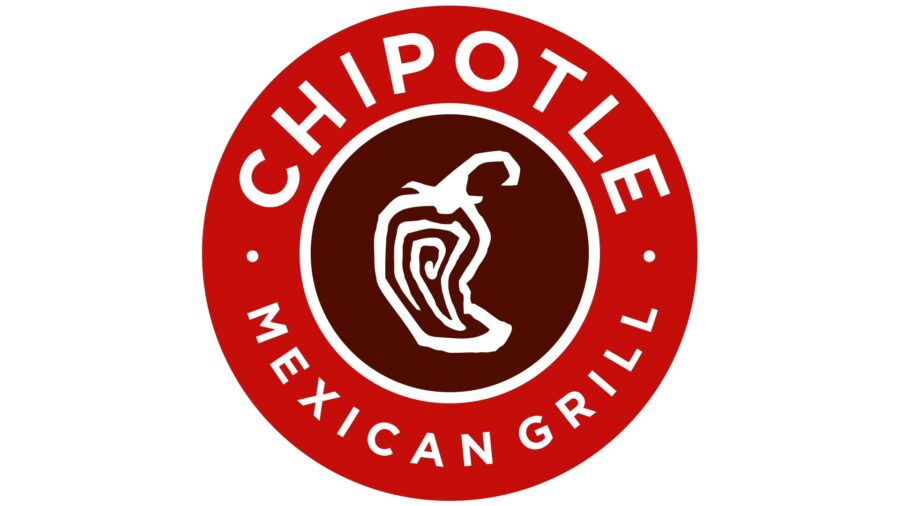Chipotle Founder Wants To Open Fast Food Chain Run Entirely By Robots
Chipotle founder Steve Ells is looking to replace human fast food workers with robots in a new venture called Kernel.

Chipotle Founder and former CEO Steve Ells is planning to reenter the fast food industry with a new robot-powered concept called Kernel. The 56-year-old entrepreneur has been actively meeting with investors since 2022, presenting his business idea to revolutionize labor, technology, real estate, and menu offerings.
Kernel is envisioned as a plant-based, robot-led venture that challenges conventional norms and promises a fresh approach to the fast food experience. “We proved a 3-person labor model can work,” an anonymous source said via the New York Post. According to the publication, the pitch includes mock-ups and photos of the Chipotle founder’s compact kitchens.
The images feature three employee workstations equipped with computer screens, robotic arms, and several chutes to move food through an assembly line. Kernel spokesperson Sarah Rosenberg described the startup as a “tech-enabled fast-food concept that leverages software and robotics.” While declining to elaborate on the technology, she did confirm that the lighter labor model is core to the operation.
“Kernel’s operational model requires materially fewer employees to the status quo business model,” Rosenberg told the New York Post. The Chipotle founder has chosen New York as Kernel’s base of operations, with its executives and initial production hub situated on Manhattan’s 14th Street. The first eatery is set to open in late 2023.
According to an insider, discussions about potential locations in lower Manhattan for the inaugural establishment are underway. Notably, Ells, the Chipotle founder, is self-funding the startup, preceding a planned fundraising initiative to raise between $30 and $50 million. However, there is already a considerable amount of investor interest in Kernel.
Along with a minimal workforce, Kernel’s automated kitchens will be designed to optimize efficiency. This will allow the company to keep its store sizes at a compact 800 square feet per location. This footprint is approximately one-third the size of Sweetgreen and Shake Shack establishments, demonstrating the Chipotle founder’s commitment to a streamlined business approach.

“Kernel intends to open doors with a material smaller footprint than fast food and fast casual incumbents,” Rosenberg added about the Chipotle founder’s fast food outfit. According to Arlene Spiegel, a renowned restaurant, retail, and food-service consultant and president of Arlene Spiegel & Associates, Kernel will likely adopt a business model similar to competitors such as Dig and Little Beet.
That means most food preparation takes place offsite and is delivered to the stores for final assembly. Spiegel drew an intriguing parallel, comparing Kernel’s automation-heavy model to “a makeshift factory, almost like the Willy Wonka of takeout foods.” Additionally, store locations will incorporate an element of novelty, allowing customers to witness their food being prepared in the automated kitchen.
The proposed menu offerings feature diverse cuisines, from acai bowls, wraps, and salads to pizza, pasta, and hamburgers. The menu draws inspiration from various food influences, including Greek, Chinese, Indian, Mediterranean, and Thai. Regarding competition, Kernel identifies Shake Shack, Sweetgreen, Dig, Cava, and Ells’ former company Chipotle as its primary rivals.
Aside from storefronts, Kernel plans to license its robot operating system to other businesses. Rosenberg declined to comment on the size of its founding team, which includes Eric Wilson, a veteran of Apple and Chipotle, and Chef Andrew Black from Eleven Madison Park.












